#7: Wastewater, climate change and funding the unfundable - Orianna Bretschger
Worldwide, 80% of wastewater receives minimal to no treatment before being discharged to the environment. This practice has a ruinous impact on the environment as well as on public health.
Wastewater treatment is also an energy-intensive process. It can account for up to 5% of the country’s annual electricity load being a significant driver of climate change.
In this episode, we hear from Orianna Bretschger, the CEO and Co-Founder of Aquacycl, a company that provides technologies for safe, reliable and cost-effective wastewater treatment coupled with energy recovery.
Orianna founded Aquacycl in 2016 with the goal of creating distributed wastewater treatment to address water scarcity and lack of infrastructure in low-income countries. This journey has led the founding team to a deeper understanding of wastewater challenges across many industries. A researcher turned entrepreneur, Orianna is a laureate of the Science & Technology Pioneer Award of the Cartier Women’s Initiative. Orianna is based in California, US.
The role of water treatment in the global ecosystem
Climate change is water change - Orianna explains how the two are inseparable as she outlines the greenhouse gas emissions associated with moving and treating water.
From academia to the startup jungle: Building a business on top of 12 years of research.
Orianna labels herself an accidental entrepreneur. Prior to forming Aquacycl, she dedicated 12 years to researching how bacteria breathe and eat, developing the technology to control this process electronically. Moving from the lab to the field was not without its challenges. Orianna explains how her team needed to adapt and rethink their product, in order to align their vision of promised impact with the actual needs of the market.
The unfundable: A women-led hardware company raises money in a risk-averse and heavily regulated industry. Mission impossible?
Orianna speaks candidly about the challenges of building her business. She calls for greater transparency when it comes to raising and accessing funds.

